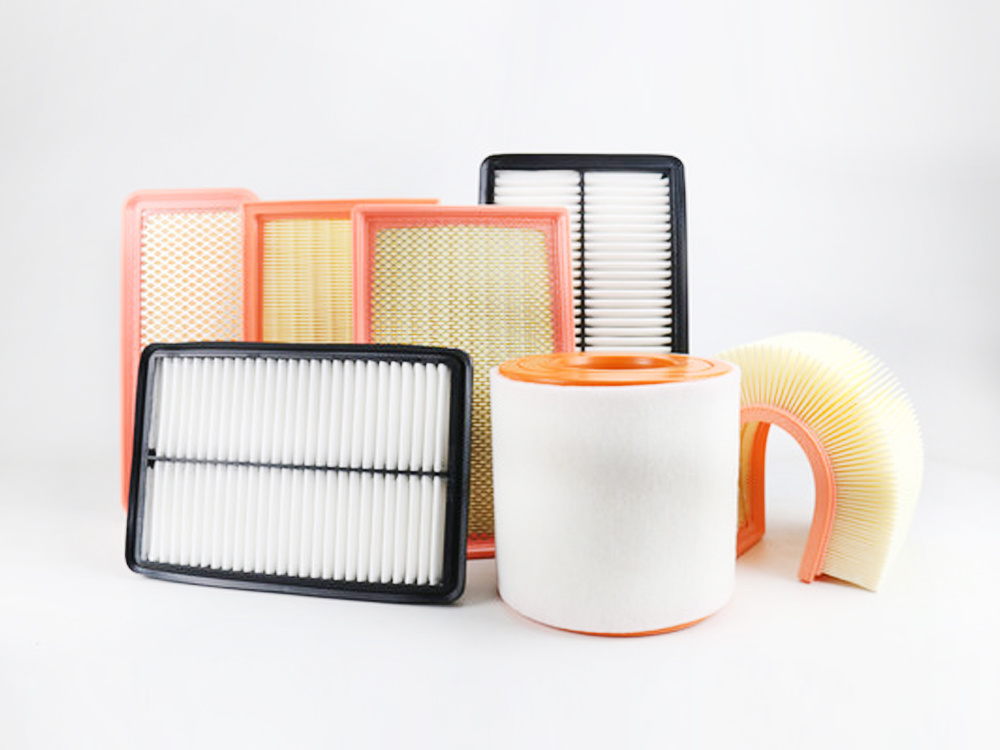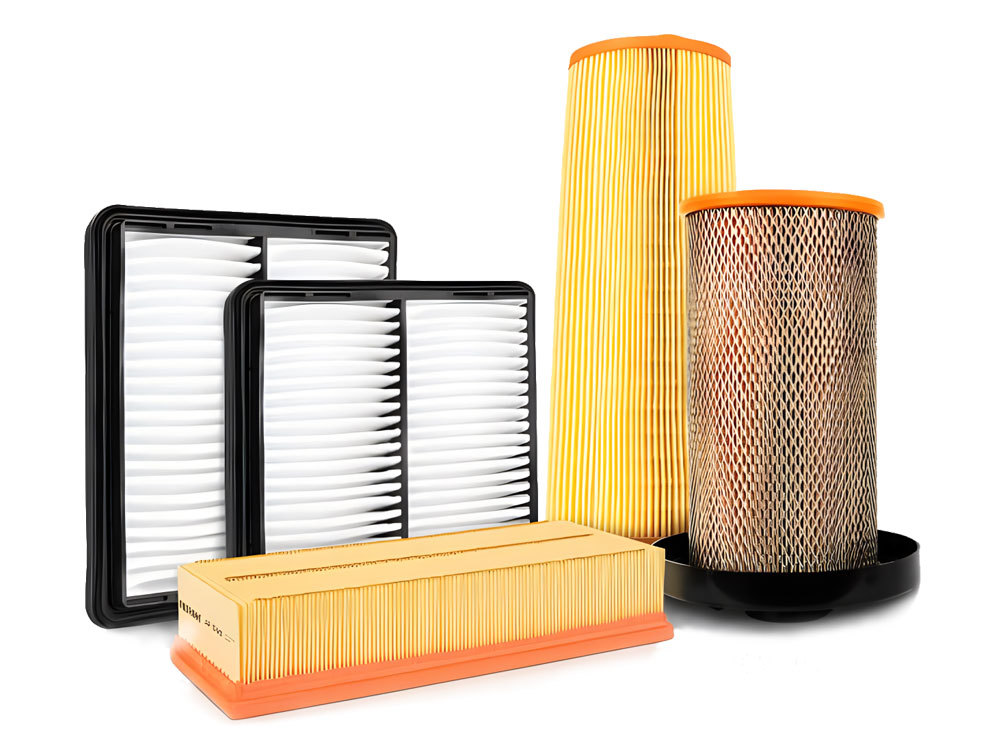
Fuel Filter
The fuel filter stops contaminants found in fuel which can include rust, metal chips, dust, and other solid particles.
A fuel filter is an essential component in any vehicle's engine system. Its primary function is to remove impurities and contaminants from the fuel before it reaches the engine. This ensures that the fuel going into the engine is clean and free from any particles that could cause damage or reduce performance. In this article, we will explore the importance of fuel filters, how they work, and why they are crucial for the proper functioning of an automobile.
The main purpose of a fuel filter is to protect the engine from harmful substances that may be present in the fuel. These substances can range from dirt and debris to water and rust. If these contaminants were to enter the engine, they could cause serious damage to the fuel injectors, cylinders, and other components. This could result in decreased fuel efficiency, engine misfires, and even complete engine failure. By filtering out these impurities, the fuel filter helps to maintain the optimal performance of the engine and prolong its lifespan.
Fuel filters work by using a porous material, such as paper or synthetic fibers, to trap contaminants as the fuel flows through them. The filter is typically located between the fuel tank and the engine, where it can capture any particles that may have entered the fuel system. As the fuel passes through the filter, the impurities are trapped, while the clean fuel is allowed to continue on to the engine. Over time, the filter will become clogged with debris and need to be replaced to ensure proper filtration.
There are two main types of fuel filters: inline and in-tank. Inline filters are located outside of the fuel tank and are usually easier to access for replacement. In-tank filters, on the other hand, are located inside the fuel tank and are more difficult to replace. Both types serve the same purpose of filtering out impurities from the fuel, but the location of the filter can affect the ease of maintenance and replacement.
Regular maintenance of the fuel filter is essential to ensure its effectiveness. Most manufacturers recommend replacing the fuel filter every 20,000 to 30,000 miles, but this can vary depending on driving conditions and the quality of the fuel being used. Signs that a fuel filter may need to be replaced include decreased fuel efficiency, engine sputtering, difficulty starting the engine, and a check engine light. If any of these symptoms are present, it is important to have the fuel filter inspected and replaced if necessary.
In conclusion, a fuel filter plays a vital role in the proper functioning of an automobile's engine. By removing impurities and contaminants from the fuel, the filter helps to protect the engine from damage and ensure optimal performance. Regular maintenance and replacement of the fuel filter are crucial to maintaining the health of the engine and prolonging its lifespan. If you suspect that your fuel filter may need to be replaced, it is important to have it inspected by a qualified mechanic to prevent any potential issues. Remember, a clean fuel filter is the key to a healthy engine.
TAG:

Fuel Filter
Category:
Get A Quote
Note: Please leave your contact information and our professionals will contact you as soon as possible!
Related Products
The air filter stops impurities from the air sucked in by the engine and helps maintain the appropriate engine power
The air filter stops impurities from the air sucked in by the engine and helps maintain the appropriate engine power
A device used to filter the air entering the cabin through heating, ventilation, and air conditioning systems.
They help to protect the components of the equipment from wear and damage caused by contaminants.















